
Magnum, P.I. Quiz Book
¥29.33
Were you a fan of the 1980s' cult American series Magnum P.I.? Can you remember the names of the four main characters? Was Magnum P.I. one of your favourite TV shows from yesteryear? If so, you won't want to be without this new quiz book. What was Magnum's iconic Hawaiian shirt called? Who was the original composer of the Magnum P.I. theme song? In which major film was actor Tom Selleck originally cast? The answers to these questions and more can all be found inside The Magnum P.I. Quiz Book. With 300 questions on the characters, the actors who brought them to life, writers, episodes, guest stars, cars and much more Magnum related trivia, this book will take you back in time as you relive all those memorable moments from Magnum P.I. Full of facts about the show that had audiences across the globe glued to their screens, this book will tell you everything you ever wanted to know about the award-winning, iconic TV series. This is a must-have for Magnum P.I. fans of all ages.

Fucking On Fridays
¥29.33
Dennis Loraine died in self-imposed obscurity in South London. During the last three decades of his life he slept with a revolver under his pillow. Dennis's childhood in a Bristol orphanage gave him a thirst for success. The University of Life, however, made him cabin boy, code-breaker and actor. By his early thirties he had married four times and fathered a dozen children. He maintained a lavish lifestyle by preying on older women. He became a trusted friend of the famous and wanted to be like them. With his partner, screen idol and Oscar winner George Sanders, he created the Company of Cads which was to become the driving force behind the greatest financial scandal of the 1960's. Celebrity investors, who included world famous author Graham Greene and silent movie legend Charlie Chaplin, had their careers compromised. The Cads also took millions from the public purse. When the company collapsed Dennis went underground as a US Secret Service mole and was instrumental in bringing to justice those behind the biggest counterfeiting operation in US history. As a consequence of this, and a possible attempt to embarrass a future Prime Minister, the Cads scandal was whitewashed and none of the principals were brought to justice in the UK. As Dennis Loraine's oldest son, I am uniquely placed to tell his story. The intention throughout is to excavate the truth and to reveal something of the world in which my father lived and moved. Significant events are corroborated by solid documentary evidence.
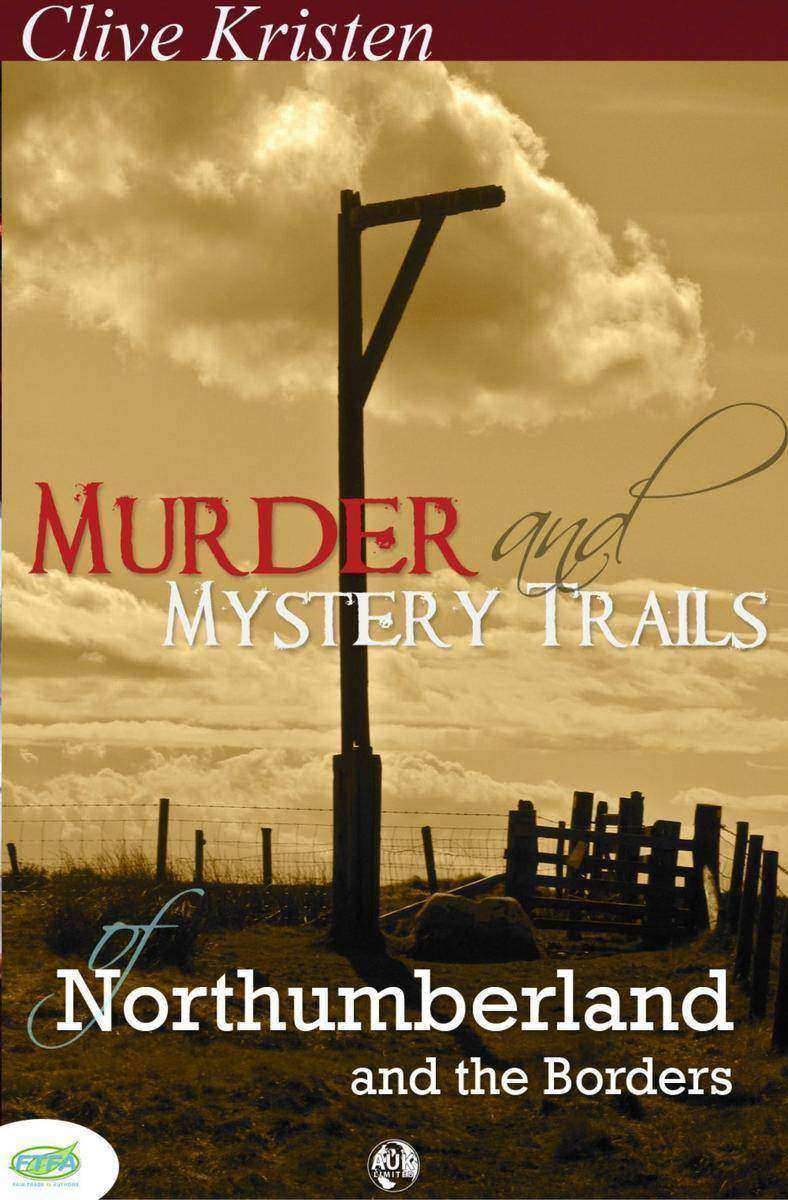
Murder & Mystery Trails of Northumberland & The Borders
¥29.33
Popular TV ghosthunter, Clive Kristen, takes the reader in search of the most notorious murderers in Northumberland's history and tries to unravel the circumstances and mysteries that still surround their crimes. The stories are woven into their historical context within the area. Although the trails are largely rural, we have included the region's capital and some of its most ancient buildings. Many of the stories have never been published before in any format. So get out your boots and brollies and join the author at some of his favourite murder scenes.

Scars of the Stars
¥29.33
Why do we find the mishaps of others amusing? Do we sort pleasure in the falls from grace of our peers? Is it a primal, evolutionary urge to see the weaker of the pack fall away, to be engulfed by a predator for the good of the herd? Or is it simply because the sight of someone falling on their face is always hilarious? Probably the latter...In this book, you will find a collection of occasionally agonising but always amusing accidents that have befallen the celebrities, sports stars and actors of this world. From baseball players stabbing themselves in the stomach; singers falling down flights of stairs; actors scalding their private parts and goalkeepers tripping over dogs, this is a celebration of clumsiness and bad choices. The consequences may be painful and the scars everlasting, but hey, it's always funny when it happens to someone else!
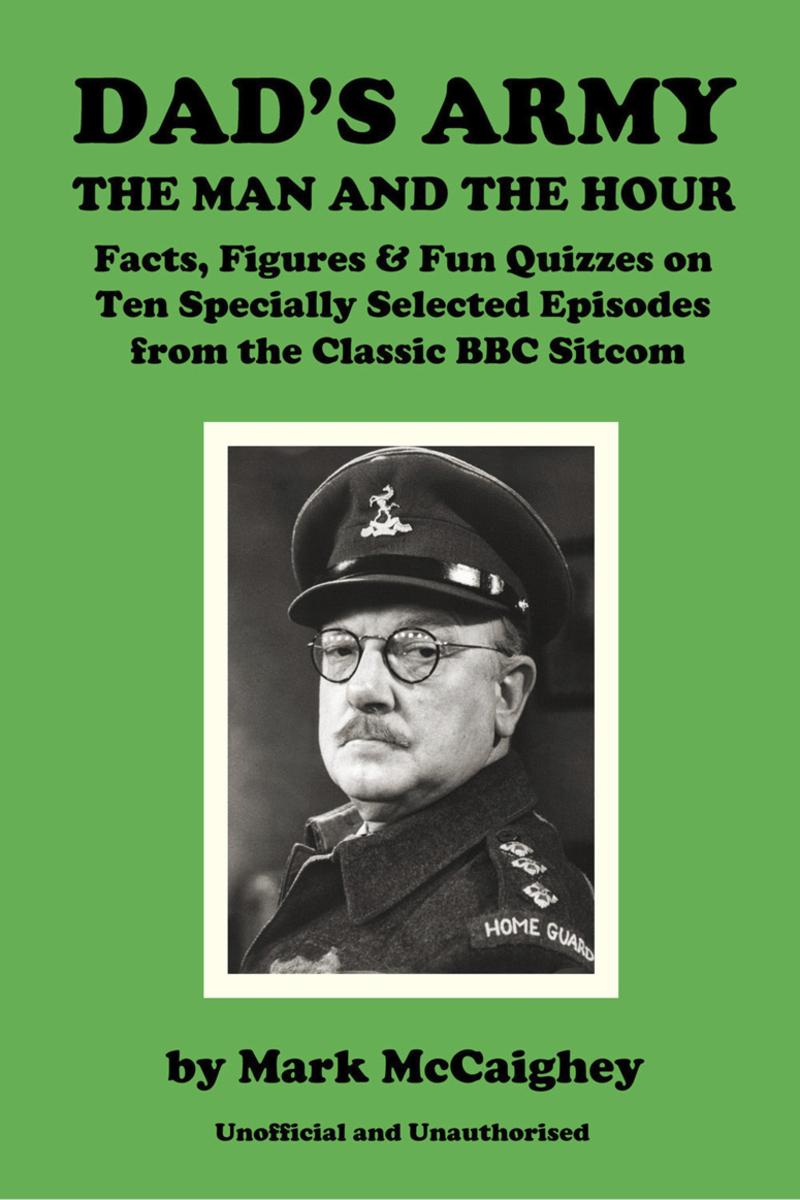
Dad's Army - The Man and The Hour
¥29.33
This original, informative and entertaining book focuses on ten specially chosen episodes from the eighty Dad's Army shows that were produced during the programme's long run from 1968 to 1977. Amongst the episodes featured are ones that have been favoured by the writers Jimmy Perry and David Croft and by some of its stars - John Le Mesurier, Ian Lavender and Frank Williams. There are anecdotes and quotes from those involved and quizzes on each of the episodes, which are: The Man and the Hour (first episode), The Showing Up of Corporal Jones, The Armoured Might of Lance Corporal Jones, Something Nasty in the Vault, Branded, Mum's Army, The Deadly Attachment (the "e;Don't tell him, Pike"e; episode), The Royal Train, Ring Dem Bells and Never Too Old (final episode). Dad's Army The Man and The Hour is an absolute must-have for fans of this classic sitcom.

101 Facts you didn't know about Chas and Dave
¥29.33
Are you a Chas & Dave fan? Do you know all the words to their memorable hit songs and enjoy singing along? Have you been to see the 'rockney' duo perform live or, like thousands of others, watched them on TV? If you like Chas & Dave, this book is your chance to get to know them better. Dip inside 101 Things You Didn't Know About Chas & Dave to discover some little known facts and trivia associated with the creators of such boogie-woogie, sing-along classics as 'Rabbit', 'Gertcha' and 'There Aint' No Pleasin' You'. Full of fascinating facts, and compiled by one half of the duo, Chas Hodges, this book includes many personal details and information about Chas & Dave's projects, past and present. This book will appeal to everyone who enjoys the music-hall humour and folk-style entertainment associated with Chas & Dave and is a must-have read for all those people who would like to learn more about the musical duo.

Harry and Me
¥31.07
A collection of stories featuring 7 year old Andy and his adventures with his best friend 'Harry the Spider'. This is an illustrated book educating children about the insect world in a way that entertains and removes phobias. ?
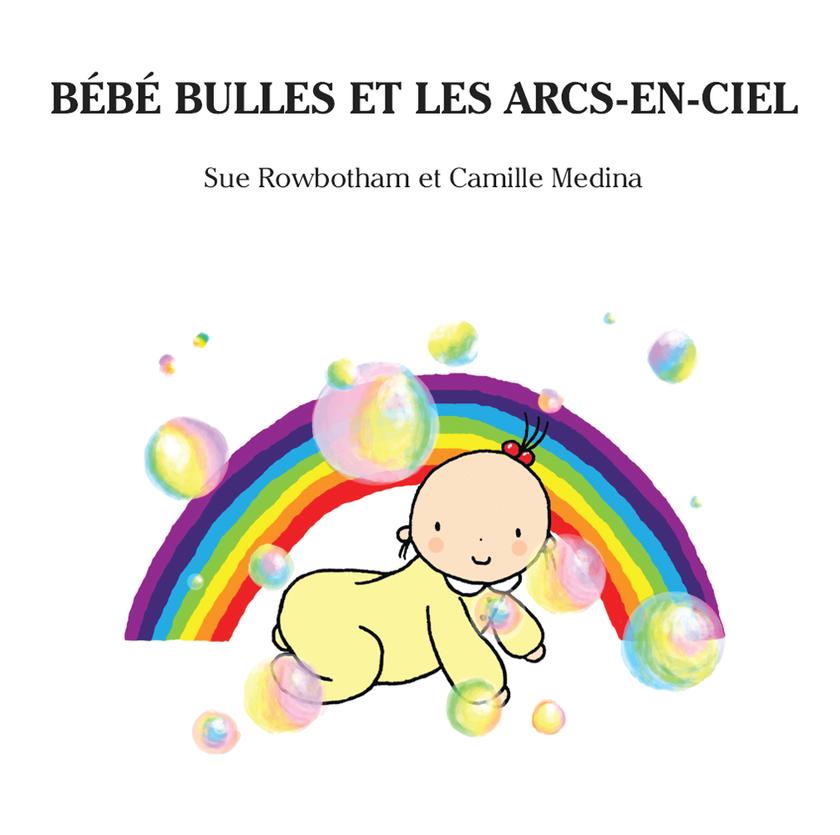
Bebe Bulles Et Les Arcs-En-Ciel
¥31.07
Bébé Bulles aime les arcs-en-ciel. Elle en voit de partout. Et toi, est-ce que toi aussi tu les vois ? Il était une fois une petite fille prénommée Sue, qui aimait jouer avec les mots et raconter des histoires, et qui rêvait de devenir écrivain. Elle grandit et sa vie prit un tout autre chemin, mais elle continua à inventer des histoires pour ses enfants. L’une de ces histoires fut abandonnée dans un tiroir pendant 25 ans. Pendant ce temps, dans une autre partie du monde et plusieurs années plus tard, une autre petite fille du nom de Camille se passionna pour le matériel d’art et de papèterie, le dessin, et les travaux manuels. Quand cette petite fille devint adulte elle décida qu’elle voulait continuer à imaginer et créer, et faire sourire les gens ; elle devint donc illustratrice. Un jour, un peu par hasard les chemins de la conteuse d’histoires et de l’illustratrice se croisèrent, et Bébé Bulles vit le jour. Explorez son univers gai et coloré avec vos tout-petits, et aidez-les à apprendre les couleurs et à trouver des arcs-en-ciel dans toutes sortes de lieux inattendus.
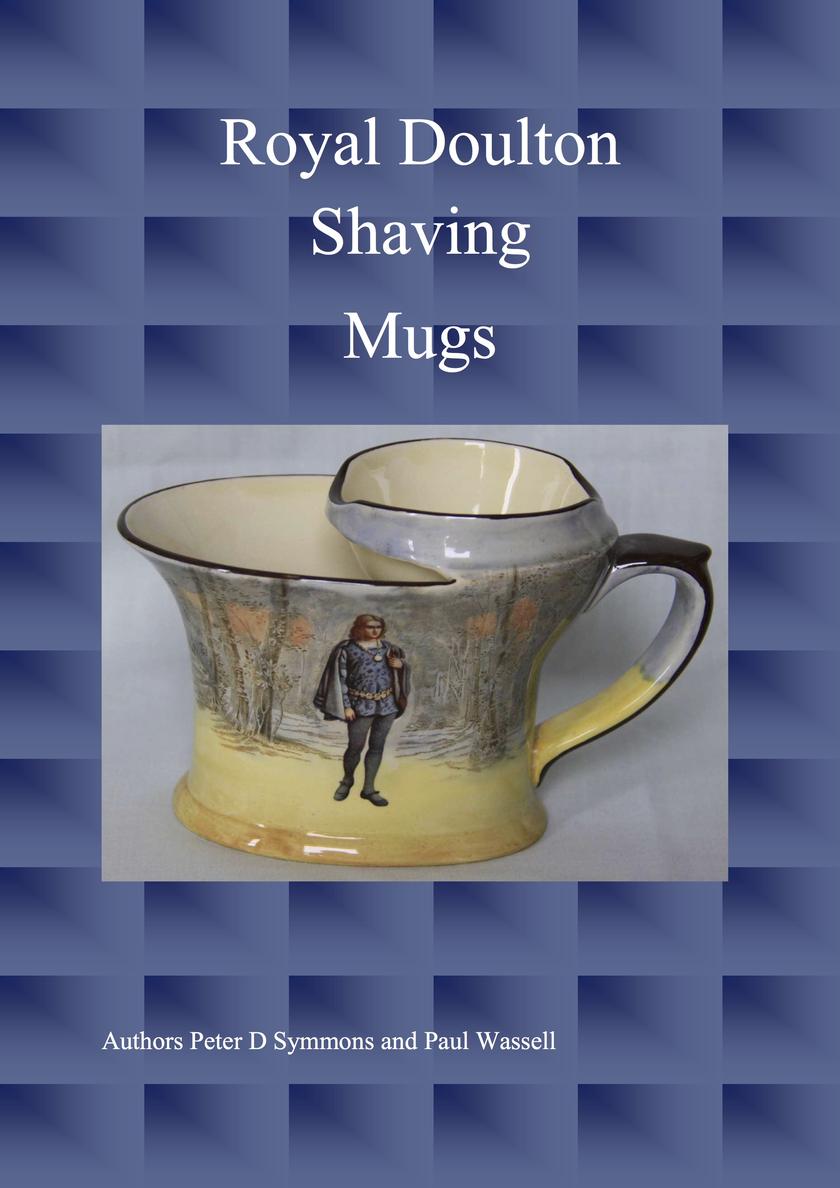
Royal Doulton Shaving Mugs
¥31.07
Royal Doulton Shaving Mugs

The Transitional Social Art Group: For Children with Autism or Adjustment Diffic
¥31.56
According to various research data, transition from primary to secondary school causes concern to many children (Jindal-Snape, 2010). This is more intense in the case of children with autism, because of their difficulty to face changes (Al-Ghani & Kenward, 2009). In the Transitional Social Art Group numerous topics can be explored systematically about this transition through an arts activity programme. Furthermore meetings involve presentation of sensory material, group discussion and group games relevant to each topic. Mainstream students can participate voluntarily in this group; in this case they could be prepared to provide practical and social support to peers with autism/communication difficulties during this transition under adult supervision. In this way this programme could also contribute to the prevention or elimination of bullying. In the present book there is an analytical presentation of the Transitional Social Art Group Programme addressed to practitioners or parents of children with autism. Additionally it could be implemented for children having communication or adjustment difficulties due to other reasons. The Transitional Social Art Group Programme can be used during other transitions, too.
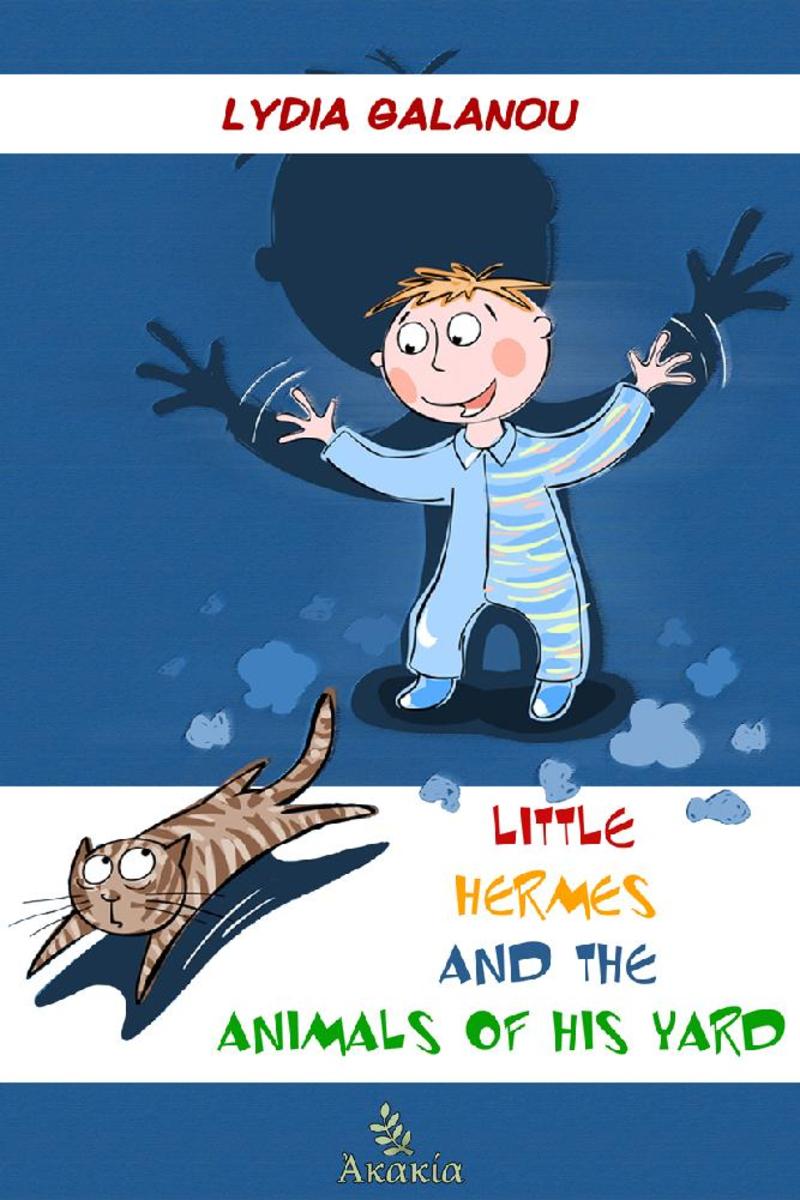
Little Hermes and the Animals of his Yard
¥31.56
Lydia Galanou offers the world of children's literature, an amazing little story which talks about children's mischief and how one can impart to them important advice about their future in a beautiful and vivid way!
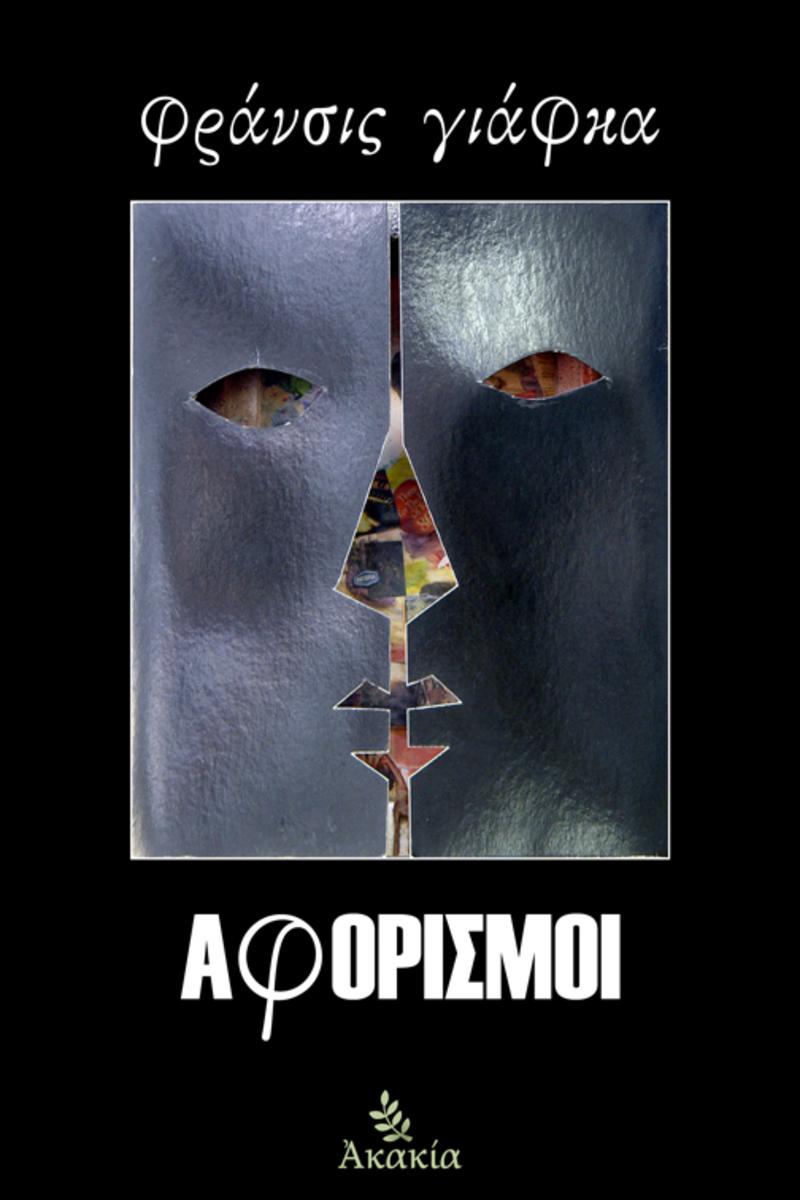
Αφορισμο?
¥31.56
Το ?χουμε ξεπερ?σει, πλ?ον, το προπατορικ? αμ?ρτημα... δεν πα?ρνουμε το ρ?λο ο?τε τη? Ε?α?, ο?τε του Αδ?μ... αλλ? του φιδιο?! ?να βιβλ?ο γεμ?το απ? σκ?ψει? και σχ?δια τη? Φρ?νσι? Γι?φκα!

The Little Book of Calorie Burning
¥31.59
A quirky guide to counting the calories as they come off, through ways you may never have considered possible Exactly how long would you have to kiss in order to burn off a bottle of beer? Or how long would you have to argue with someone to burn off a Mars bar? From playing ping-pong to having sex (at different levels of intensity!), this little guide contains over 100 activities and their calorie-burning powers. For instance, have you ever thought about the calories you burn simply by eating and digesting? Activities are arranged A-Z and show the calories burned for four different weights (yes, sadly the heavier you are, the more calories you’ll burn even when asleep). Each entry also gives an example food, telling you how long you must do that activity to burn it off.
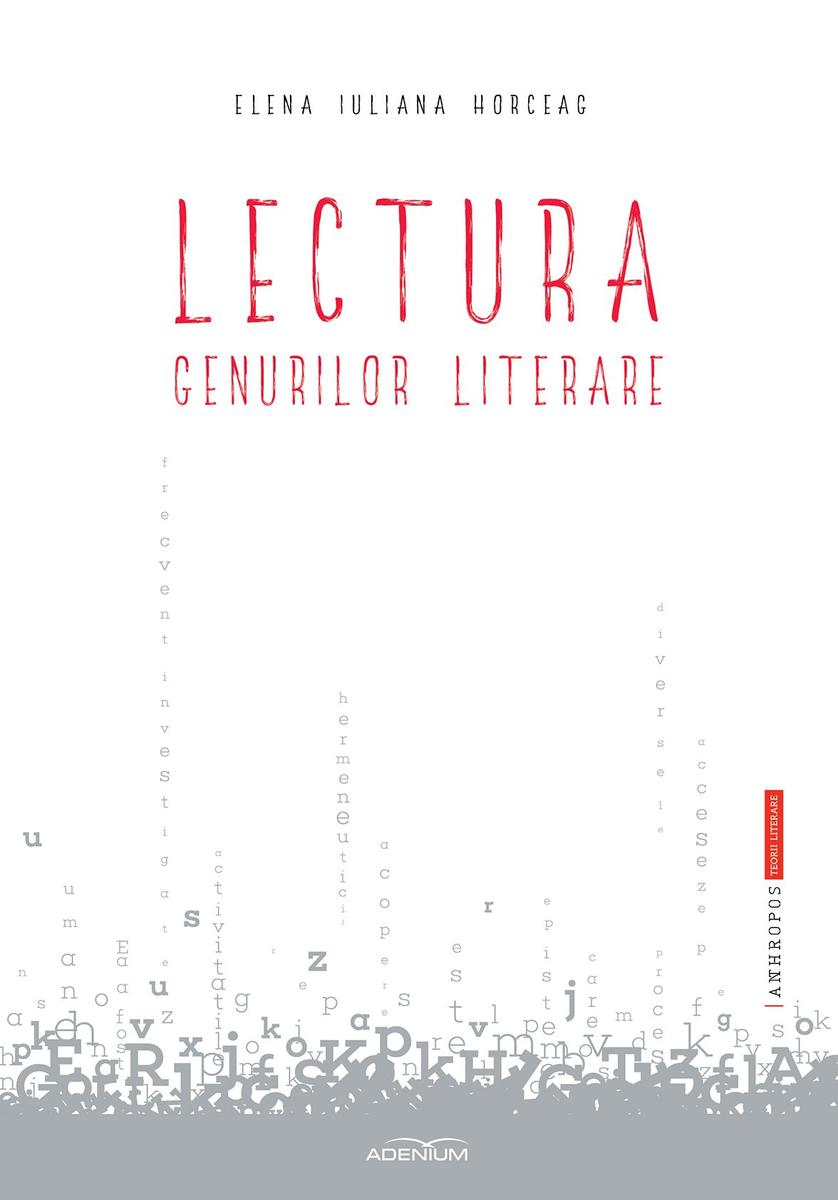
Lectura genurilor literare
¥31.88
n iunie 2015 am publicat n revista Permanene” (nr. 6) articolul Vladimir Tismneanu - ieri i azi”, motivat de faptul c Preedintele Comisiei Prezideniale pentru Analiza Dictaturii Comuniste din Romnia a devenit brusc un atacator al celor susinute n Raportul Final al Comisiei pe care a prezidat-o. Pn n prezent nu exist niciun fel de opinie a dlui Tismneanu i nici a celor de la Institutul Elie Wiesel” - MCA referitor la acest punct de vedere.

Breakers
¥32.29
Breakers

The Gill People of Outerborough Queens: A Radio Play
¥32.29
The Gill People of Outerborough Queens: A Radio Play

The Arbor: A Play in Seven Scenes
¥32.29
The Arbor: A Play in Seven Scenes
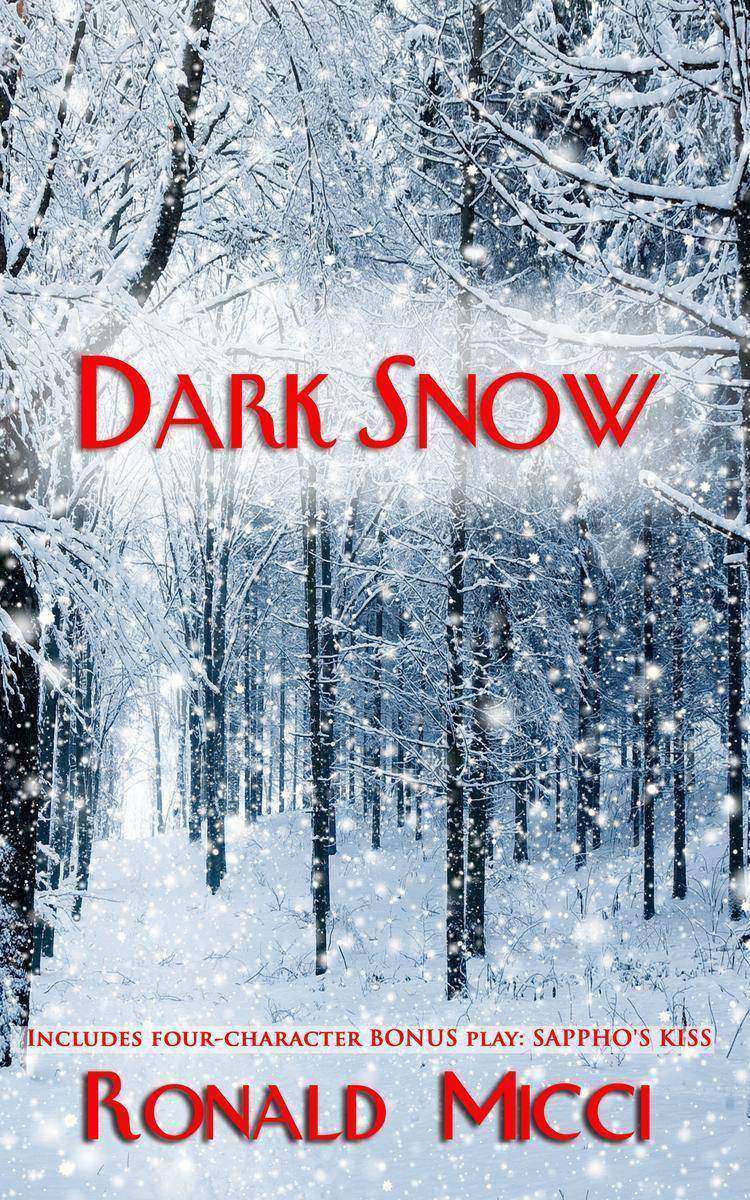
Dark Snow: A Collection of Poignant, Deeply Emotional Soliloquies and Duets
¥32.29
Dark Snow: A Collection of Poignant, Deeply Emotional Soliloquies and Duets

High Concept Harry: Hollywood Hustler
¥32.29
High Concept Harry: Hollywood Hustler

Poetic Memoirs Of A Young Son: A Collection of Poems
¥32.62
Poetic Memoirs Of A Young Son: A Collection of Poems

My Poetry Is A Song
¥32.62
My Poetry Is A Song




 购物车
购物车 个人中心
个人中心



